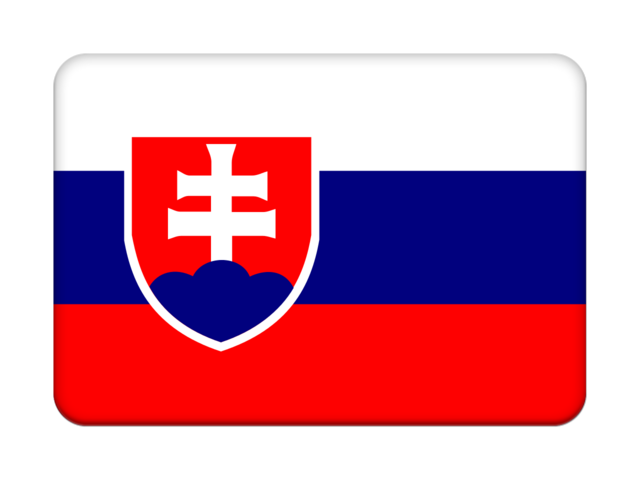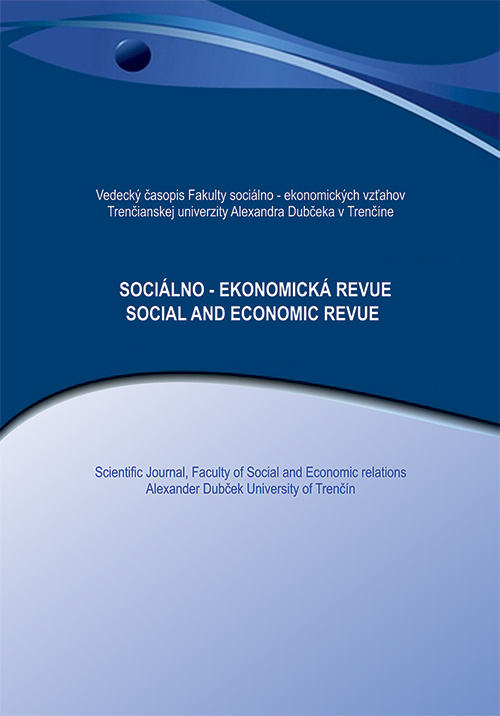CHOOSING OPTIMAL BUSINESS VALUATION METHOD: LITHUANIAN CASE
Business appraiser face a problem in their practice when it comes to answering questions about what to do and what provisions should be followed and how to make decisions about the selection of valuation methods. The data presented in the literature, the valuation reports in practice, show that the value of a company or shareholding calculated by different methods may differ significantly in individual cases. Therefore, based on the available data and their analysis, it is necessary to justify which methods or combinations of methods, taking into account the factors influencing the business, will fully reflect the value of the business (shareholding) of the company. This article presents an analysis and systematization of literature on business valuation techniques and their application to business (stock) value calculations. The authors provide a model for the selection of valuation methods that can be used by professional appraisers and potential investors when making decisions related to the process of acquiring shareholdings in companies.
Vydanie: 2019/1 Strany: 24-36 Klasifikácia JEL: D81, G32, M21
DOI:
Kľúčové slová: business valuation, methods, income approach, market approach, assets
Sekcia: INTERNATIONAL ECONOMICS AND POLITICS
Kontakty:
Prof. Valentinas Navickas, DrSc.
Department of Management and Development of Human Resources
Faculty of Social and Economic Relations
Alexander Dubček University in Trenčín
Študentská 3, 911 50 Trenčín, Slovensko
e-mail: valentinas.navickas@tnuni.sk
Mgr. Rusnė Jegelavičiūtė,
PhD. student
Facultz of Social and Economic Relations
Alexander Dubček University of Trenčin
Študentská 3, Trenčín, 911 50
Slovakia
e-mail: rusnejegelaviciute@gmail.com.
Literatúra:
Adomavičiūtė, D. (2011). Lietuvos muitinės vykdomas verslo įmonių veiklos vertinimas ir jo ypatumai. Ekonomikos ir turto vertės pokyčiai: tendencijos ir valdymo priemonės. Vilnius, p. 5.
Damodaran, A. (2002). Investment valuation. Tools and techniques for determining the value of any asset. New York: John Wiley and Sons Inc., p. 992.
Damodaran A. (2006) Valuation Approaches and Metrics: A Survey of the Theory and Evidence. Stern School of Business.
Galinienė, B. (2005). Turto ir verslo vertinimo sistema. Formavimas ir plėtros koncepcija. Vilnius: Vilniaus universiteto leidykla, p. 14 − 45, 177 − 243.
Harumova, A., Janošova, Z. (2014). Decision Model for Business Valuation Method Selection in the Slovak Republic. University of Economics in Bratislava, Bratislava, Slovak Republic. Education and Data Mining in Science, Engineering and Risk Management. [Online]. Available: http://www.oedm-serm.org/wp-content/uploads/2014/08/019.pdf
Libby, R., Blashfield, R. K. (1978). Performance of a composite as a function of the number of judges. Organizational Behavior and Human Performance, 21 (2), p. 121 – 129.
Lietuvos Respublikos finansų ministerija. (2012). Turto ir verslo vertinimo metodika (2012 m. balandžio 27 d. Nr. 1K-159. [Online]. Available:https://www.e-tar.lt/portal/lt/legalAct/TAR.14FE4917B8E1
Norvaišienė, R. (2003). Įmonės vertės nustatymo probleminiai aspektai. Ekonomika ir vadyba. Kauno technologijos universitetas. Kaunas: Technologija, p. 38-39.
Parham, M. (2008). Business Valuations: Fundamentals, Techniques and Theory. National Association of Certified Valuation Analysts, p. 12 − 14.
Parino, R. (2005) Choosing the Right Valuation Approach. McCombs School of Business, University of Texas. CFA Institute Conference Proceedings. Analyzing, Researching, and Valuing Equity Investments.
Šliogerienė, J. (2009). Energetikos įmonių turto vertinimas. Nepublikuota daktaro disertacija. Vilnius: Technika, p. 40.
Wang, Y. (2007). The Cognitive Process of Decision Making. University of Calgary, Canada. Int’l Journal of Cognitive Informatics and Natural Intelligence, 1(2), 73 − 85.
Домнина, С., Савоскина, Е. (2014). Модель управления стоимостью бизнеса. Вестник самарского государственного университета. 8 (119), 18 − 23. [Online]. Available: http://vestnik.samsu.ru/tgt/2014_08_018.pdf
Коробков, Д., Рыльцев, Р. (2013). Характеристика и сравнительный анализ современных подходов к оценке бизнеса. Вісник НТУ «ХПІ». 52 (1025), 73 − 81. [Online]. Available: http://repository.kpi.kharkov.ua/handle/KhPI-Press/8538
Галасюк, B., Галасюк, B. (2010). ОЦЕНКА БИЗНЕСА: КРАТКО О ВАЖНОМ. [Online]. Available: http://www.fin2top.com/download-article/156


